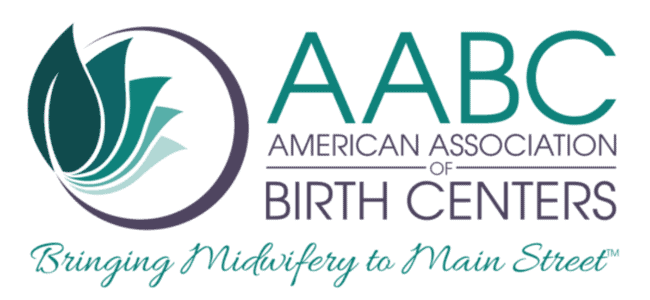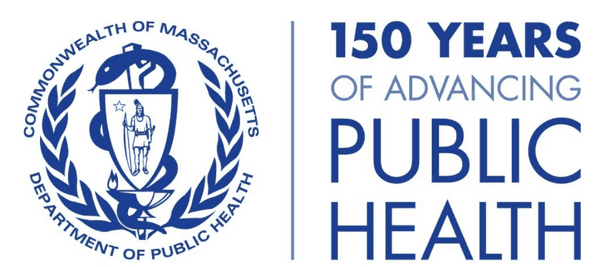Discover The Birth Center
What does a birth center look and feel like?
Seven Sisters Midwifery and Community Birth Center is a free-standing birth center that offers prenatal care, birth support, and well-body care at every stage of life through the midwifery model of care.
Our birth center has two birthing suites for families to labor, birth, and recover in. You'll find all the comforts of home and more!
a spa-like shower in the en-suite bathroom for hydrotherapy
a large birthing tub in the suite for hydrotherapy and water births
a queen size bed with real linens to rest in with your partner when you need it and to relax in after birth with your baby
birthing stools, birthing balls, and other birthing tools to help when in labor
We also have a clinic section with a clinical room for appointments and consultations, a cozy consult room, and a lactation room. Our classroom hosts educational offerings and a weekly postpartum group lead by our lactation consultant, Lex.
Frequently Asked Questions
You've likely got a few questions for us, this is a good place to begin.
When you're ready, we encourage you to take the next step and book an initial free consultation with us. This is the best way to discover if a community-based birth with our midwife team is the right choice for you.




























